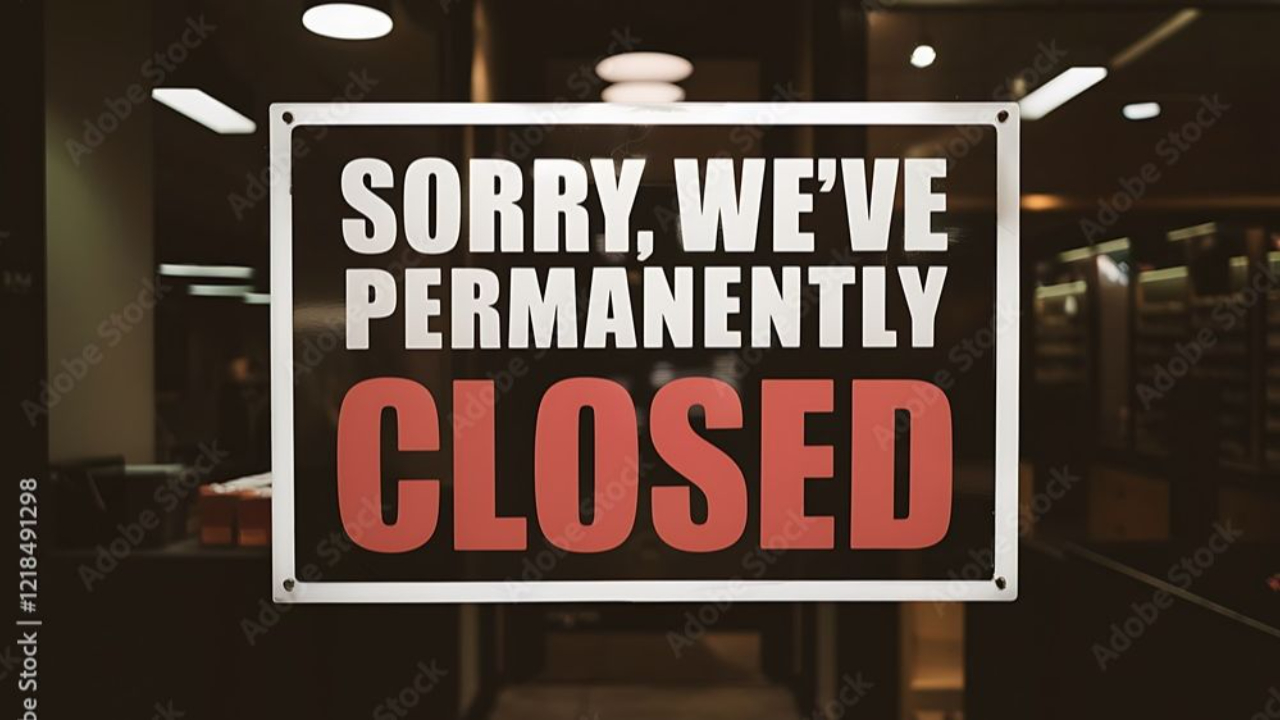Cash Flow Mastery: Why Growing Businesses Run Out of Money (Even When They're Profitable)

The Profit-Cash Gap: A Hidden Business Killer
Having spent years working for Fortune 50 and Fortune 100 companies before launching my consulting practice, I noticed a troubling pattern among business owners. There's a massive disconnect between what shows as profit on paper and the actual cash available to run the business day-to-day.
This disconnect isn't just frustrating—it's devastating. Countless profitable companies fail simply because they run out of available cash. The tragedy? Most of these failures are completely preventable with proper cash flow management.
What Is Cash Flow, Really?
Before diving into solutions, let's clarify what we mean by "cash flow." The definition is straightforward: cash flow is the change in available cash in a business between two points in time.
The key element here is the time dimension. Cash flow can be measured daily (today versus tomorrow), weekly, monthly, or over any other period. This time component is critical to understanding why many conventional cash flow solutions fail.
Why "Just Sell More" Doesn't Solve Short-Term Cash Flow Problems
One of the most pervasive myths in business is that increasing sales will fix cash flow issues. While greater sales volume may improve cash flow in the long term, it often worsens the problem in the short term.
Consider Boeing as an extreme example: when they sell an airplane, years may pass between starting production and receiving the final payment. During that period, Boeing must invest massive amounts of cash before seeing any return.
Most businesses face a similar challenge on a smaller scale. When you receive a new order:
- You may need to purchase materials
- You'll pay employees to fulfill the order
- You'll cover overhead costs during production
- Only then—often 30, 60, or 90 days later—will you receive payment
Each new sale temporarily drains your available cash before eventually replenishing it. If you're growing rapidly, this cash drain can become severe enough to sink an otherwise successful business.
The Collections Trap: Why Better Accounts Receivable Isn't Enough
Many business advisors suggest improving collections as the solution to cash flow problems. While efficient accounts receivable management is important, it doesn't address the fundamental timing issue.
If a customer orders a product that takes 15 days to manufacture and deliver, and then has 30 days to pay the invoice, you're still out 45 days of expenses before seeing any cash return. Even with perfect collections, this timing gap remains.
Moreover, payment ultimately depends on your customer's decision to pay—something outside your control. They may pay early if you're lucky, but many will delay as long as possible.
Why Businesses Fail Despite Being Profitable
It's important to understand that cash flow problems aren't typically the business owner's fault. Most entrepreneurs are technical experts who built their businesses around their skills and passions. They've absorbed the conventional wisdom that profits and sales are what matter most.
This approach works fine for small operations where owners can manage cash "by the seat of their pants." However, as a business grows, mental tracking becomes impossible, and formal cash flow systems become essential.
The tragic irony? The businesses most likely to run out of cash are growing, profitable companies—precisely the ones that appear successful on paper. Without proper cash flow management, growth can quickly outpace available cash.
The Solution: Cash Flow Systems
After years of research and practical application, I've identified over 213 strategies for managing cash flow—far beyond the same tired advice typically circulated. These strategies form comprehensive systems that can keep both growing and struggling businesses afloat.
Whether your business is expanding rapidly or facing challenges, one thing is certain: nobody stays flat in the business world. Your cash flow is either improving or deteriorating, and having the right systems in place makes all the difference.
To learn more about implementing effective cash flow systems in your business, visit cashisclear.com.

